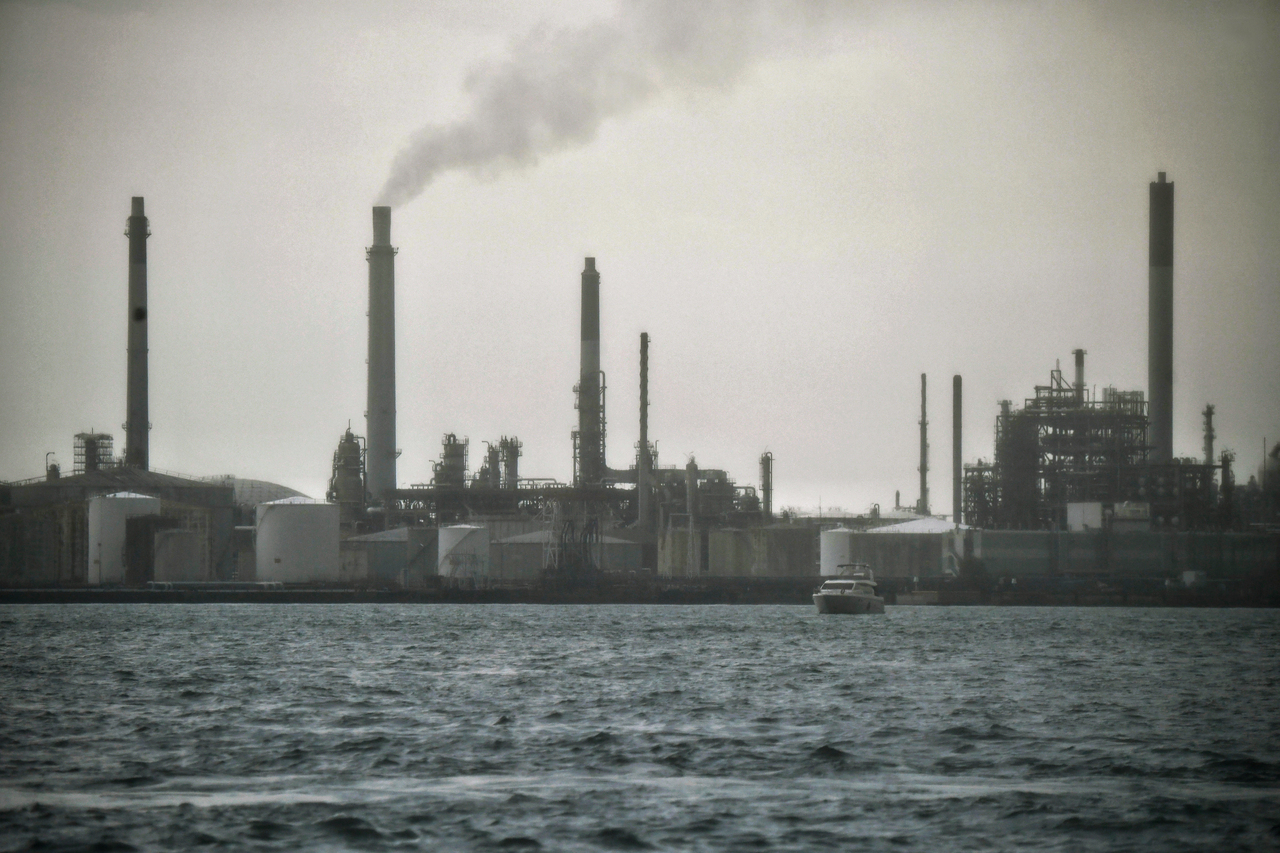Singapore to develop carbon credit trading marketplace: Tan See Leng
Sign up now: Get ST's newsletters delivered to your inbox

The carbon exchange will be a digital platform for buyers and suppliers to trade large volumes of credits, and will cater primarily to large-scale buyers.
ST PHOTO: KUA CHEE SIONG
SINGAPORE - The Republic is scaling up its efforts to develop an international carbon trading marketplace and a services ecosystem to support decarbonisation, Dr Tan See Leng, Minister for Manpower and Second Minister for Trade and Industry, said on Monday (Sept 27).
Speaking virtually at the 37th edition of the Asia-Pacific Petroleum Conference, Dr Tan said Singapore was looking to increase the trade of voluntary carbon credits, for instance by working with players such as Climate Impact X (CIX) - a Singapore-based global carbon exchange and marketplace.
A collaborative effort by the Singapore Exchange, DBS Bank, Standard Chartered and Temasek, CIX will connect an ecosystem of partners, leveraging satellite monitoring, machine learning and blockchain to enhance the transparency, integrity and quality of carbon credits.
The carbon exchange will be a digital platform for buyers and suppliers to trade large volumes of credits. It will cater primarily to large-scale buyers, including multinational corporations and institutional investors, and will provide the market with price transparency.
CIX will also develop a digital project marketplace for the purchase of quality carbon credits directly from specific projects.
"As a leading commodity trading and financial hub, Singapore is well placed to further our efforts in decarbonisation and sustainability," Dr Tan said.
He noted that many global players in carbon services such as South Pole of Switzerland and TUV SUD of Germany have established offices in Singapore, serving as embryos for the development of a larger ecosystem.
"We are building up capabilities along the value chain by actively anchoring key activities such as project development, financing and certification here in Singapore," the minister said.
Working closely with international partners such as the World Bank and the International Emissions Trading Association, Singapore aims to advance the Climate Warehouse initiative, a global market infrastructure that seeks to enhance the transparency and environmental integrity of carbon credit transactions.
"We are exploring the possibility of anchoring the Climate Warehouse, here in Singapore, and welcoming other interested players to join our ecosystem," Dr Tan said.
He also said Singapore was committed to helping companies muster the other ingredients required to stay competitive, namely digitalisation, innovation and a strong talent pipeline for their trading activities.
To improve the integrity of trade services, the Government has partnered with the industry to develop the Singapore Trade Data Exchange (SGTraDex), a digital platform that facilitates secure data sharing among supply chain ecosystem partners. SGTraDex is expected to be fully rolled out early next year.
Taking the lead from SGTraDex pilot projects, some oil companies have developed their own certification platforms, allowing traders to validate the authenticity of holding certificates and streamline business processes.
"This illustrates how the Government can work with businesses in a win-win partnership: We develop the sector's digital infrastructure just as we build physical infrastructure such as roads and MRT stations, with companies riding on this infrastructure to execute their projects and maximise its utility," said Dr Tan.
On promoting innovation, he gave the example of the EcoLabs Centre of Innovation for Energy, a joint initiative by Nanyang Technological University (NTU), Enterprise Singapore and the Sustainable Energy Association of Singapore.
EcoLabs supports deep-tech innovation capabilities for sustainability initiatives. Earlier this year, it organised an event which saw start-ups in the energy storage, alternative fuels and hydrogen fields showcase and pitch innovations to potential investors.
Dr Tan said Singapore has a ready pool of talent from various international trading programmes offered by its education institutes.
He said educational courses, such as NTU's MBA programme with specialisation in international trading, which is a first in Asia, provide companies with a valuable talent pipeline and give them more confidence to establish or expand their operations in Singapore.
The hybrid virtual and physical conference runs from Sept 27 to Wednesday (Sept 29) at Marina Bay Sands Singapore.


